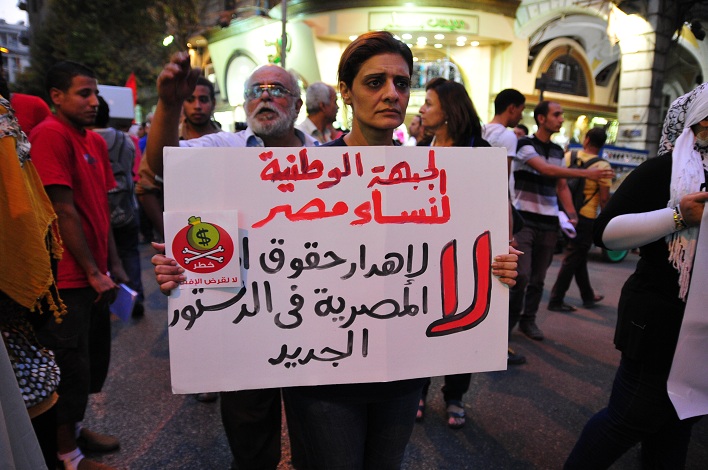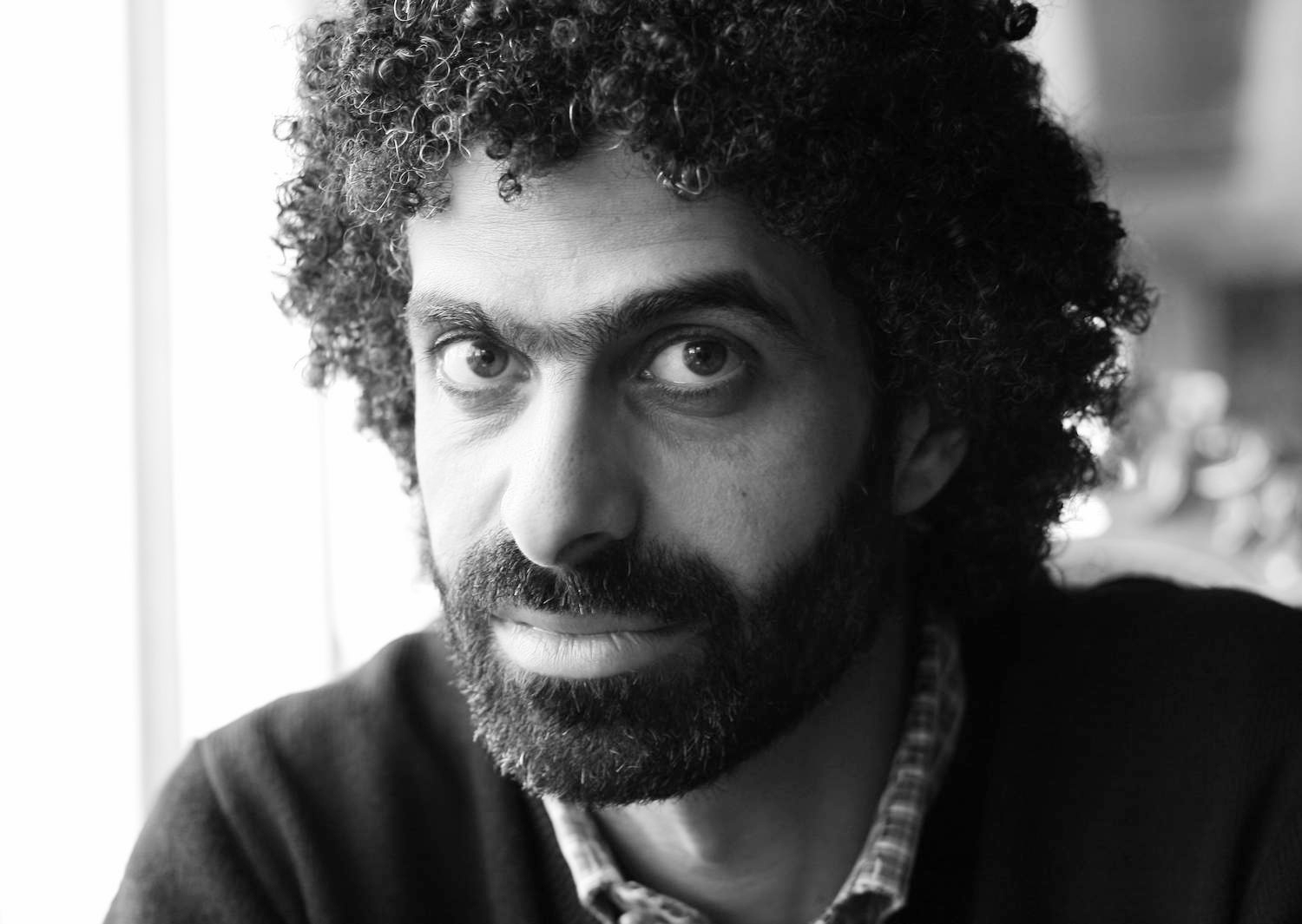Egypt’s Minister of Social Solidarity and Chairperson of the Fund for Drug Control and Treatment of Addiction (FDCTA), Maya Morsi, has launched a study titled “Implementation of Community Integration Programs for Recovering Addicts and Its Impact on Improving Their Quality of Life.”
The study unveiled at the Imbaba Addiction Treatment Centre, aims to inform the government’s efforts to support recovering addicts. The event was attended by Ghada Waly, Executive Director of the United Nations Office on Drugs and Crime, along with experts, representatives of international and governmental organisations, civil society partners, and members of parliament.
Morsi emphasized the significance of the study, highlighting its potential to inform government policies. “This study not only represents a distinguished and pioneering scientific endeavour at the regional level but also reflects the vital and crucial role of the Egyptian state in developing the lives of its citizens and enhancing their quality of life,” she said.
The minister underscored the government’s commitment to helping recovering addicts reintegrate into society. “Recovering youth are not excluded from the Egyptian state’s attention. Our services are not limited to providing high-quality healthcare but extend to include a comprehensive package of social, vocational, and economic empowerment services to reintegrate them socially as productive individuals and remove the social stigma from them,” she said.
Morsi showcased the Imbaba Centre as a model of comprehensive care for recovering addicts. “We chose Imbaba Centre – one of the fruits of cooperation with the Ministry of Health and Population – to host this event, not only because it is one of the largest addiction treatment centres in the Arab region, but also because it represents a unique experience,” she explained. “It was completely furnished by recovering addicts who were trained in the vocational rehabilitation programs offered by the Fund.”
The minister also stressed the importance of human investment in creating a sustainable society. “These interventions and activities are a model for investing in humans and upholding the value of the individual in a new, sustainable society. This is part of a fair development that includes everyone, leaves no one behind, and excludes no one in Egyptian society,” she said.
Morsi expressed her pride in seeing Ghada Waly present at the event. “I am proud that Egypt has the first Egyptian woman to hold this important position, which is a source of personal pride for me as an Egyptian woman and professional pride as a former president of the National Council for Women and the current Minister of Social Solidarity,” she said.
Morsi highlighted the FDCTA’s commitment to providing comprehensive care for addiction patients. “We have taken into consideration the standards of the United Nations Office on Drugs and Crime and the World Health Organization as a scientific reference in this regard, in line with Egypt’s international commitments in this area,” she said. “The most important standards adopted by the Egyptian state include accessibility and ease of access to services. The reality shows that high-quality services are available to everyone who needs them in many places free of charge.”
The minister emphasised that the services offered are voluntary and available to all. “These treatment services are available to everyone without discrimination, guaranteeing complete confidentiality,” she explained.
“They are available to men and women, teenagers and adults alike, in accordance with specific departments and treatment programs. We are also constantly working to expand the geographical coverage of addiction treatment services to include all governorates that were previously deprived of the service.”
The minister explained that Egypt’s comprehensive approach to addiction treatment includes various interventions, starting with medical treatment and psychological and social rehabilitation, to family counselling and community reintegration.
“This is in addition to activities that include involving families in the treatment and rehabilitation process, and sporting and artistic initiatives aimed at removing the social stigma associated with addiction patients and recovering individuals,” she said.
“This report highlights the positive effects of these interventions on the quality of life of recovering individuals and strengthening their recovery.”
Morsi stressed the importance of building the capacity of those involved in the rehabilitation process. “There is great interest in building the capabilities of those involved in the rehabilitation process using the latest addiction treatment systems and within a sound scientific framework,” she said.
“This is in line with developing the infrastructure and programs offered to addiction patients. In this regard, the Fund, together with Cairo University, launched the first vocational diploma for psychological and social specialists working in this field.”
Morsi explained that the FDCTA has developed a comprehensive data governance model and collects data on applicants for treatment, including age, gender, education level, geographical range, social status, history of drug use, type of drug, and accompanying diseases.
“This enables decision-makers to develop appropriate policies to address the problem in accordance with its reality and developments,” she said.
Morsi underscored the importance of the government’s efforts to combat drug abuse. “The issue of drug control is one of the main issues on the agenda of the Egyptian government in the last 10 years, especially as it is one of the most important priorities of developmental work in Egypt,” she said.
“While the Egyptian experience in confronting the problem of drugs is deep-rooted, dating back to the third decade of the last century, it is a modern and open experience, keeping up with best practices. It has become a home of expertise for our Arab countries.”
The minister expressed her gratitude to Waly and the members of the UN Office on Drugs and Crime in the Middle East and North Africa region, as well as Khaled Abdel Ghaffar, Minister of Health, for their ongoing cooperation.
She also thanked Caritas Egypt, headed by Jamil Halim, for its collaboration in managing rehabilitation centres and programs for recovering addicts. Finally, she acknowledged the inspiring stories of recovering addicts, who have overcome their addiction and achieved recovery.




